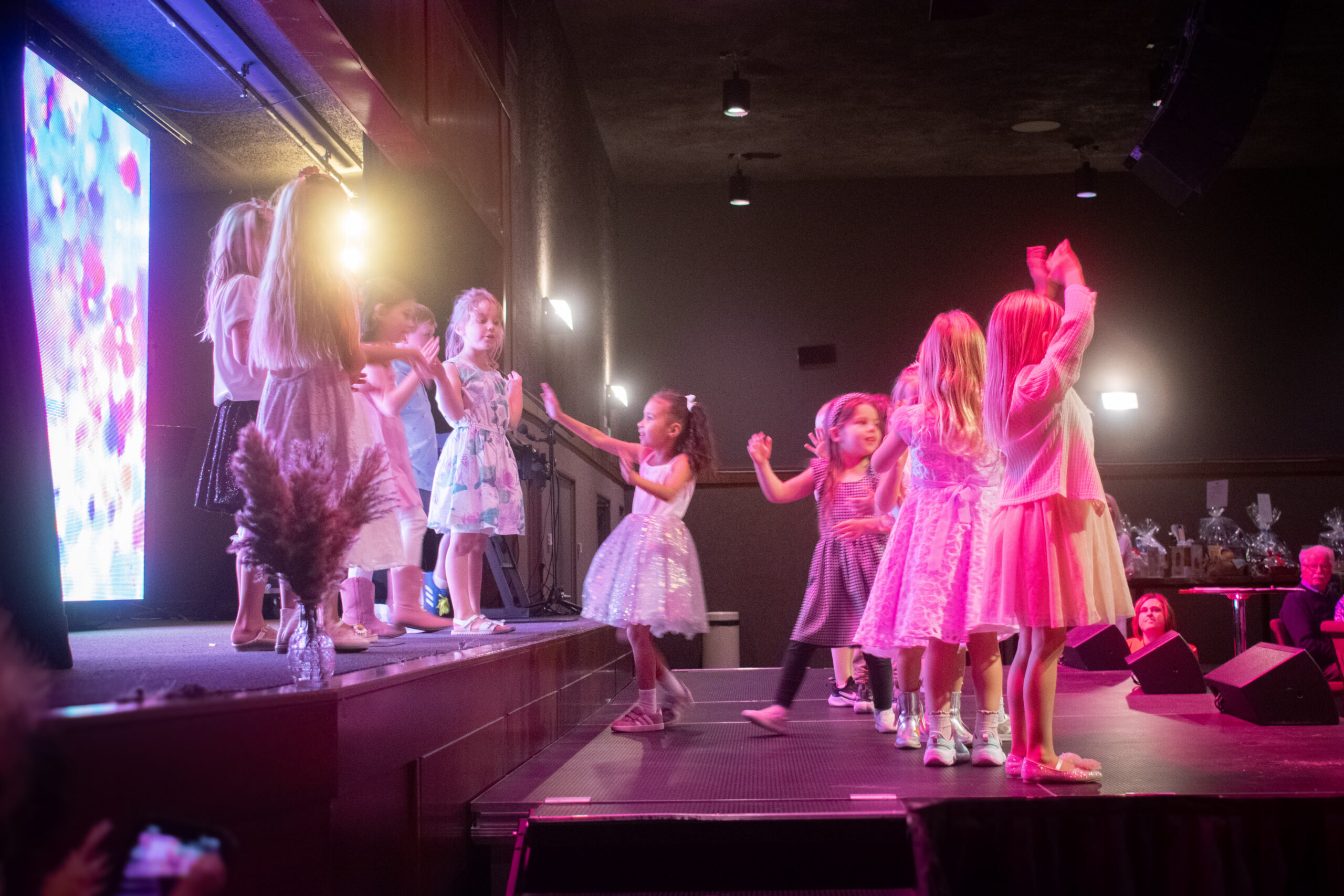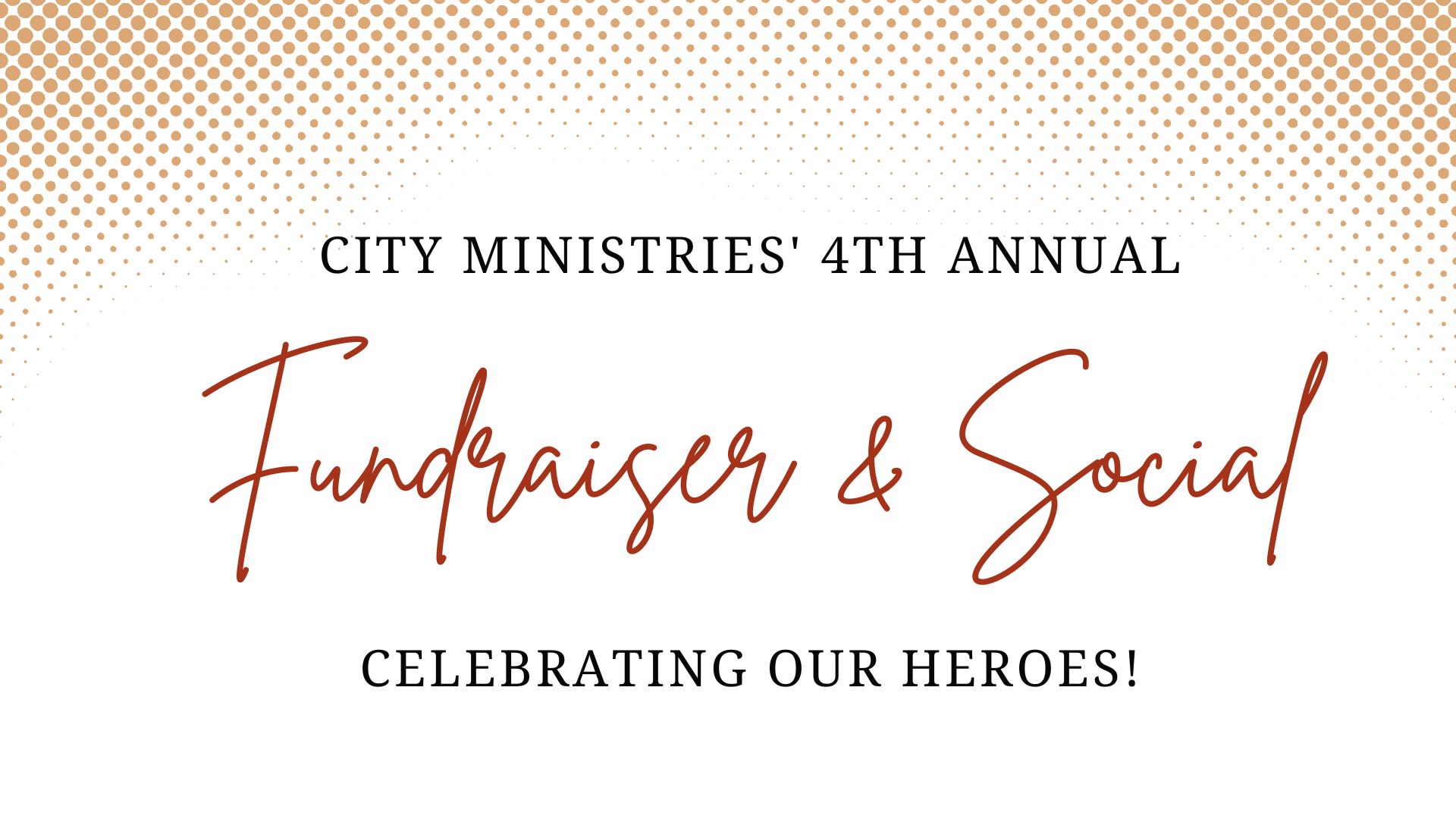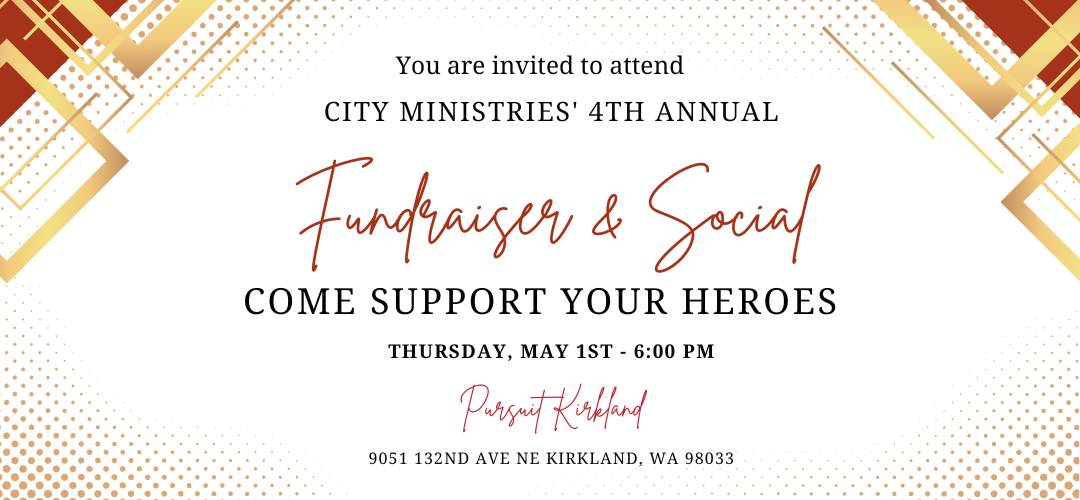When a foster child is first placed in your home it’s hard to know what to expect. Every child, situation, and case is different and will bring with it its own unique experiences. Although no fostering experience is the same, there are a few common things that you as a foster parent can expect after a child is placed in your home.
Expect to have a busy first few days- The first couple of days and sometimes weeks after a child is placed in your home will usually be a whirlwind of activity. Be mentally and physically prepared for your schedule to fill up quickly at the beginning of placement. In the first 30 days many things have to take place: medical appointments are set, enrollment into school or daycare occurs, court hearings take place, case meetings are held to discuss transition and case plan, health and safety home visits occur, visits with child’s biological family are set up, assessments are done to determine specific support needs for the child, and the list goes on. The first few weeks can be overwhelming for even the most experienced foster parents. When you feel like you have reached your limits, don’t give up. The period of high stress and activity won’t last forever. Once a routine is set, meetings are scheduled, and services are in place things will begin to settle down and you will be able to create more balance in your family’s life.
Expect to have an adjustment period with the child- Most of the time a child is dropped off at a foster home with little warning to both foster parents and foster child. Be ready for the child with open arms but also keep in mind that to a child just arriving in your home for the first time, you are a complete stranger to them, and healthy attachment is built with trust over time. The first few days for the child can be overly emotional as they miss their biological family and learn to adjust to a new home, family, environment, school, and routine. They can often be filled with tears, challenging behaviors, and fears from the child. When this occurs, be patient and give both yourself and the child a lot of grace. If you need extra tools or resources to help you navigate situations you are not sure how to handle, reach out to your case worker and they will support you and walk this through with you. Keep providing the child with love, stability, support, and individualized attention that they need and with time they will settle into your home.
Expect every child to be different- You may assume that just because you had a 7-year old boy with certain needs placed with you previously and you are now having another 7-year old boy placed in your home they will have similar needs. But every child’s story and situation is unique. Their family dynamic, background, experience, and trauma is different from any child previously placed in your home. What worked with your last foster child may not work with the child newly placed in your home. Their behaviors and triggers will not be the same and it might take a few attempts of trying out new methods to see what type of support they need and what will help them during the transition.
If you are considering becoming a foster parent(s) and have questions about being licensed through our agency, please e-mail our licensor Lindsey at lindsey@citymin.org. We would love to answer your questions and lead you through the next steps to take!



